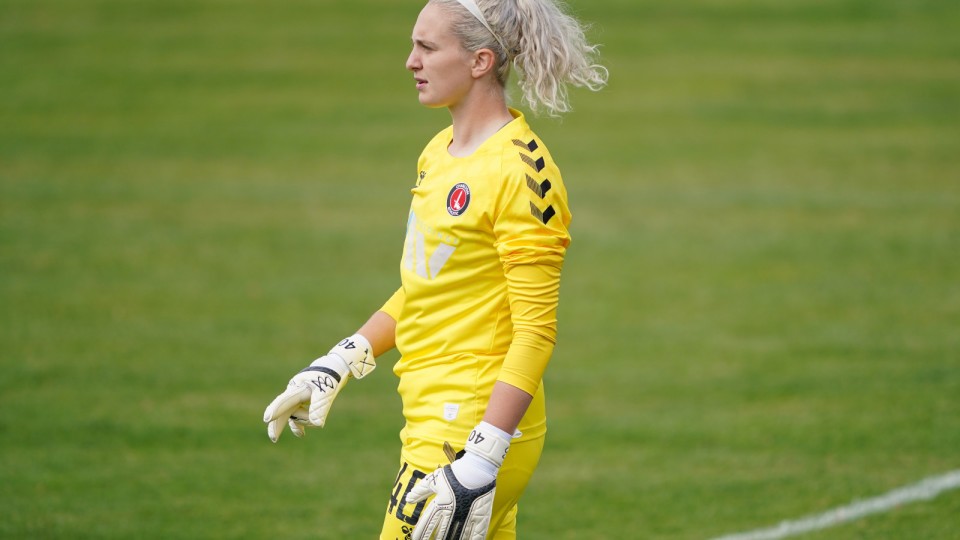Charlton Athletic Women's goalkeeper Katie Startup raised a few eyebrows last season when she switched her squad number from one to 40, but when she announced the moving reason why she changed, she left a meaningful message for the whole footballing community.
The reason behind switching to the number 40 was due to a stat Startup had seen from the World Health Organisation: one person every 40 seconds dies to suicide.
For the second season in a row, Startup has chosen to wear the number to raise awareness on suicide rates.
“With one being the traditional number for a goalkeeper to wear, I hoped changing to 40 would stir questions and start up a conversation around mental health.
“I wanted to keep the conversation going this year, particularly now with current events, the importance of caring for our mental health is as crucial as ever.”

Startup has her own personal experiences around mental health which encouraged her to start raising awareness on it for a wider scale.
“One of the reasons I feel so passionately about raising awareness around mental health is because of having seen people who I am very close to greatly affected by it.
“At the time I felt so uneducated about what they were experiencing and how could I help as it was never a thing that had come up or was discussed.
“Hopefully with more awareness we can become better equipped with the tools to support others, and seek it for ourselves.”
Startup’s number switch gained a lot of attention, more than she expected.
“I received a really positive reaction. I knew people in and around the club would ask why the change to 40, but the response in the wider community was beyond what I ever expected, and hearing people reach out to show their support and share their stories was really humbling.”
Startup’s aim is to also reduce the stigma that can be attached to talking about mental health.
“I think it’s important to remember that everyone has mental health, in the same way that everyone has physical health.
“Some days it’s good and some days it’s bad, so it’s nothing to be ashamed about. If you had the flu you wouldn’t just ignore it, or if a friend was ill you wouldn’t tell them to ‘just get on with it,’ you would seek help.
“I think until we take a similar standing with our mental health and start treating it as seriously as we do our physical health I think then there’s still some work to be done.
“It’s OK if you’re struggling, but please don’t think that you have to do so alone. I do believe that talking about it can be such a big relief, whether that’s with a close friend, family member or an organisation such as Samaritans.”

